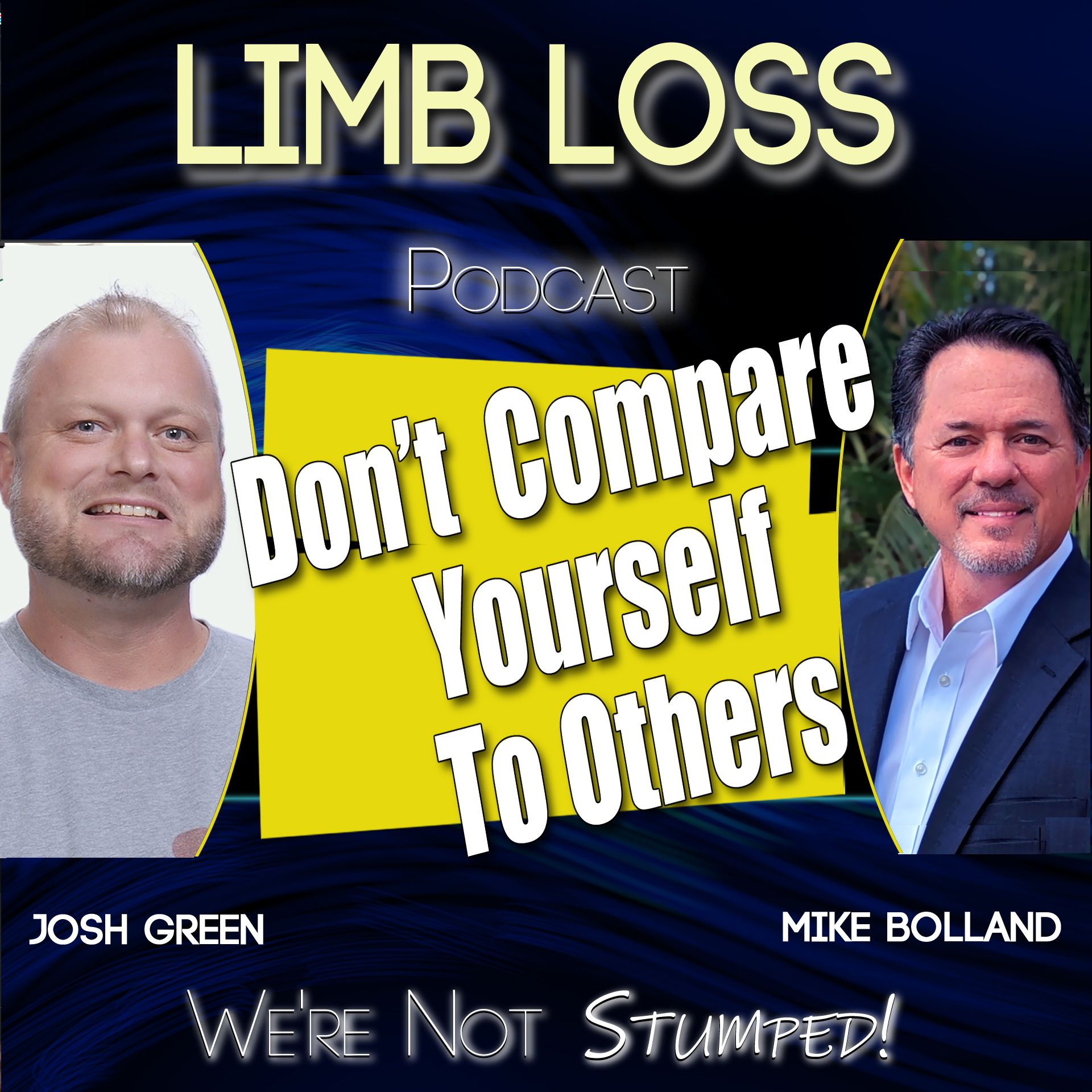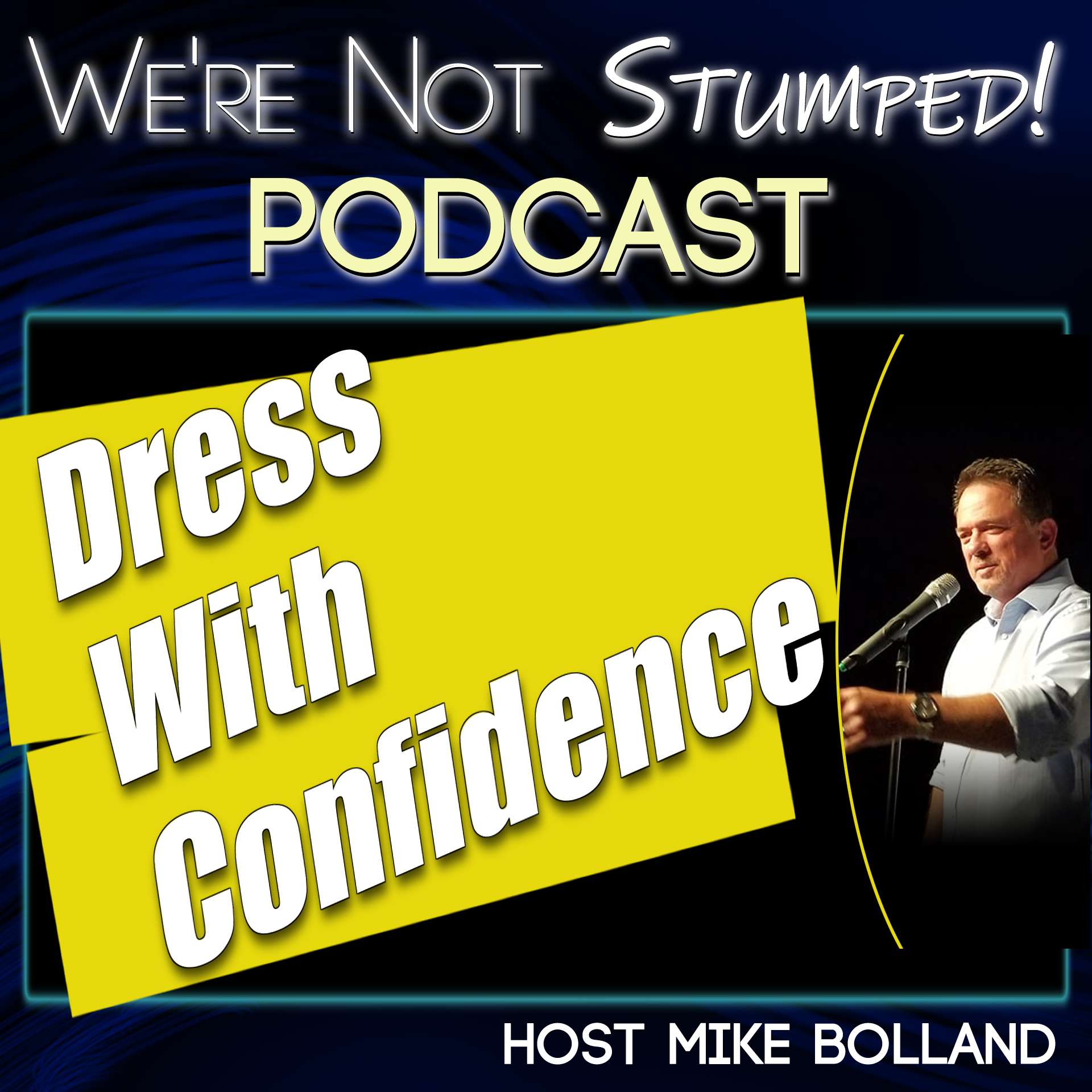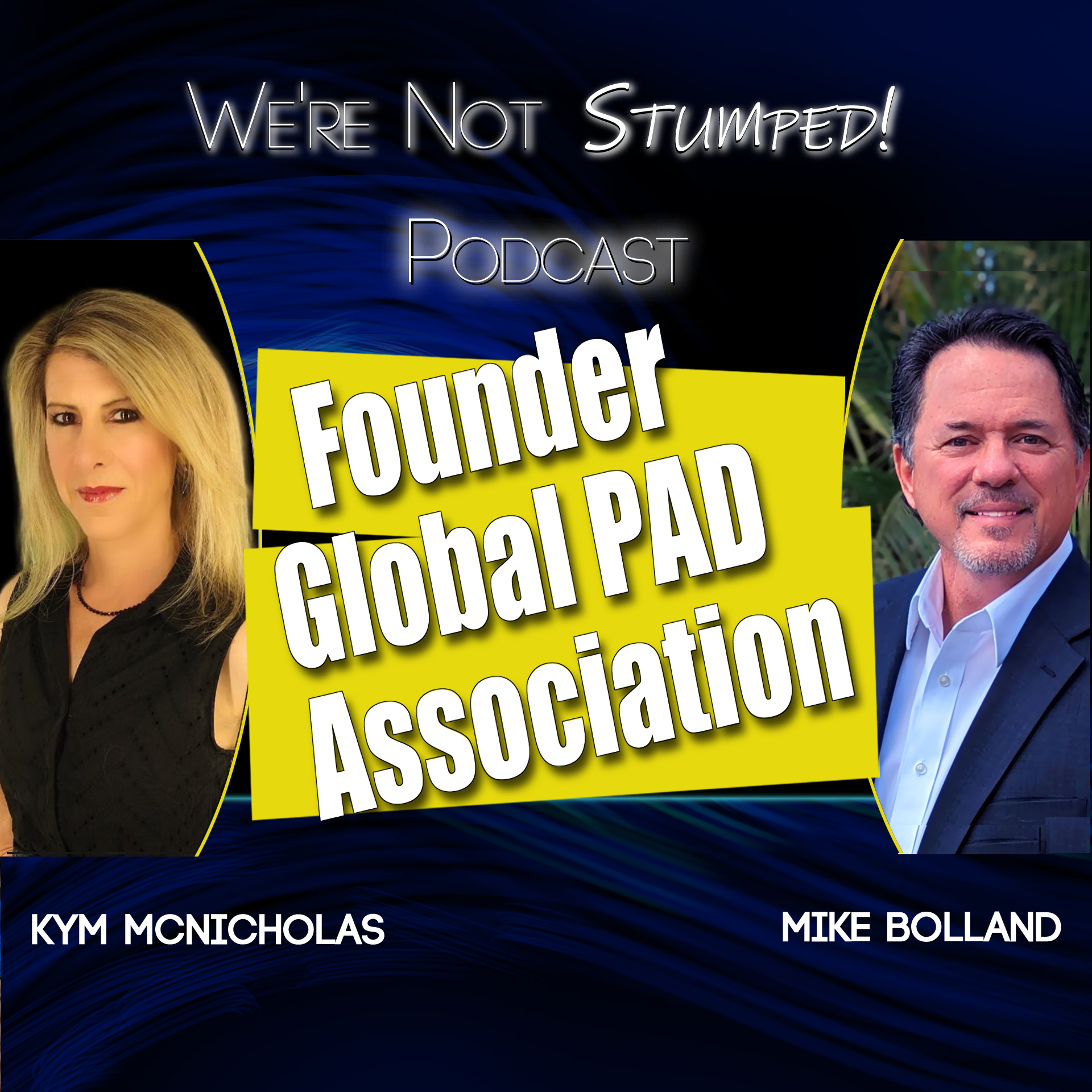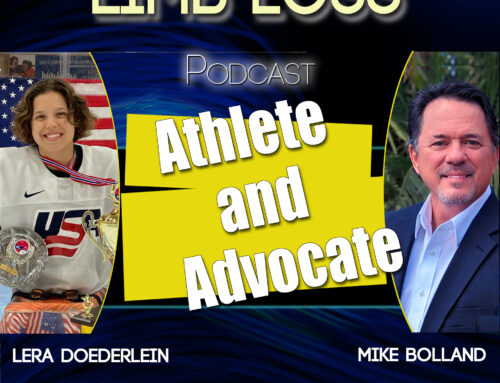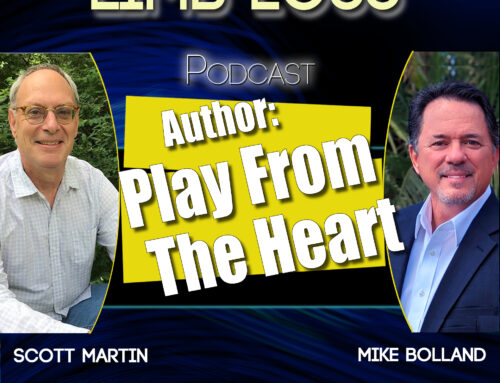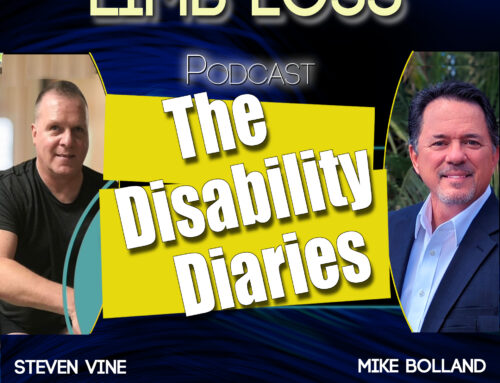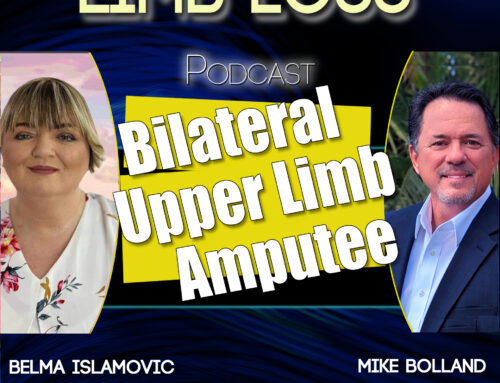In this deeply moving episode of We’re Not Stumped, host Mike Bolland sits down with amputee Eric Ford to talk about the life-altering car accident that changed everything. In 2009, Eric and his children were hit by a drunk driver in Atlanta. While his kids miraculously walked away with minor injuries, Eric suffered catastrophic damage to his leg, leading to over a dozen surgeries in an attempt to save it.
Ultimately, Eric made the brave decision to undergo amputation—a choice that ended his physical pain and opened the door to a new way of living. He opens up about the emotional toll of limb loss, learning to walk with a prosthetic, and finding strength through his children, therapy, and connecting with fellow amputees.
Mike and Eric also reflect on their shared roots in Montclair, New Jersey, and discuss the importance of community support for new amputees. Eric now uses his experience to help others facing similar challenges.
This episode is a powerful reminder that even in the face of trauma, there is always a path forward.
Topics Covered:
-
Surviving a drunk driving accident
-
Making the decision to amputate
-
Life after limb loss
-
Recovery and prosthetic use
-
Mental health and adaptation
-
Support networks for amputees
#EricFord #WereNotStumped #AmputeePodcast #MikeBolland #DrunkDrivingSurvivor #AmputeeSupport #MentalStrength #AdaptiveLife #RecoveryJourney #AmputeeAdvocate
Host Mike Bolland is also an entertaining public speaker. Contact him for your next event.
Listen on Apple Podcasts
Watch on YouTube
Listen on Spotify
In this powerful episode of We’re Not Stumped, host Mike Bolland sits down with Josh Green, an above-knee amputee, patient advocate, and founder of the Northeast Ohio Amputee Support Group. Josh lost his leg at just 4 years old and has since turned his life experiences into a mission to uplift and educate others in the limb loss community. Josh opens up about growing up with a prosthetic, how his parents’ positive outlook helped him build confidence, and how sports played a major role in his development. Later in life, he faced new challenges but found strength by connecting with other amputees and realizing the power of community. From overcoming early challenges to empowering others through advocacy and education, Josh Green’s story is one of resilience, leadership, and unwavering positivity.
In this episode of We’re Not Stumped, host Mike Bolland — born without his right hand — shares a powerful message about why he feels dressing well matters for the limb loss and disability community. This isn’t about vanity — it’s about confidence, self-respect, and advocacy. Mike explains how personal style can change the way we feel about ourselves and the way others see us. From challenging stereotypes to promoting positive representation, dressing with pride is one way to say: “I belong here — just as I am.” 🎙️ In this episode, Mike discusses: Why appearance and self-expression are empowering after limb loss or disability How dressing well helps break stereotypes and reshape public perception The connection between confidence, mental health, and advocacy How showing up with pride inspires others in the community 👕 Dressing well isn’t about perfection — it’s about showing pride in who you are. Because when we show up confidently, we make it easier for others to do the same.
Peripheral Artery Disease (PAD) affects millions worldwide — yet most people don’t recognize the warning signs until it’s too late. In this powerful episode of We’re Not Stumped, host Mike Bolland welcomes Emmy Award-winning journalist and Global PAD Association co-founder Kym McNicholas to explain what PAD is, how it causes poor circulation, and why early detection is critical in preventing amputation. Kym shares her inspiring journey from covering a medical story to becoming one of the leading advocates for PAD awareness and patient empowerment. She sheds light on how education, proper diagnosis, and access to the right care can literally save limbs — and lives.

